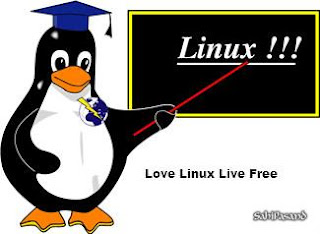I primarily use Linux on my laptop, I have both Ubuntu 12.10 and OpenSUSE 12.2 running on the laptop. And been having at least 2 linux distros on the laptop since 2009.
In this post I will share with you, some very useful linux commands -
man any_command the manual for target command>
pwd
ls files in current directory>
ls –a maximum information about all files, including hidden>
mv source destination a file or directory>
rm target
cp source destination file or directory>
mount /dev/device_name /media/device_name filesytem>
umount /media/device_name <Unmount>
df –h filesystem and available disk space in KB, MB, GB>
du
ps – ef
- all running processes, with full details>
top system monitor showing a more extensive view of all processes and system resources>
nohup command & a process in the background and have it keep running after you log off>
~/ user's home directory>
ifconfig network interfaces>
iwconfig wireless network interfaces>
ssh username@ip_address to a remote server>
ping ip_address to see if target is online and responding>
traceroute6 ip_address network route to target>
netstat
iptables –L firewall rules>
adduser a new user>
usermod user privileges (be very careful with this one)>
deluser
chmod <# Change privileges over file or directory >
chown user_name:group_name directory_name owner of a file or directory>
su username become a different user>
users usernames of logged in users>
Infact, you can administer your mysql database directly from the CLI
CREATE DATABASE databasename;
CREATE USER username@localhost IDENTIFIED BY 'password'; a new user>
show tables; database schema>
Know other useful Linux commands? Please share via the comment box.
 RSS Feed
RSS Feed Twitter
Twitter







